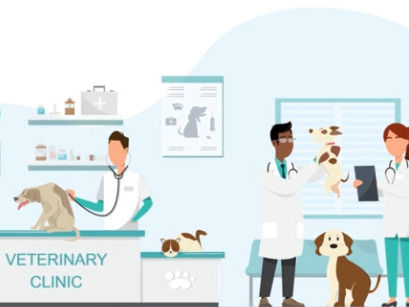Ebola and pets: EFSA and ECDC assess risks
Advertisement
The likelihood of a domestic dog or cat being exposed to the Ebola virus through contact with infected persons in Europe is very low, as affected persons are typically isolated promptly. This is one of the conclusions of an assessment carried out by experts from EFSA, the European Centre for Disease Prevention and Control (ECDC) and Member States on the risks of pets transmitting the Ebola virus to humans in Europe.
Experts identify many knowledge gaps and lack of data in their assessment. For example, there is no evidence that dogs can develop the disease and transmit the virus, nor that cats can become infected. Experts recommend that the public health and veterinary authorities assess the risk of pets becoming infected and transmitting the disease on a case-by-case basis. The type of contact and the stage of the infection are the two factors that authorities should use in their assessment. They also identify different precautionary measures for different scenarios. These include people’s self- monitoring and isolation of pets.
Further work is expected on Ebola in the next months, following requests from the European Commission. EFSA and ECDC will join their efforts again to assess the factors driving the risk of Ebola transmission from animals to humans in Western Africa- so-called spillover event.


















































